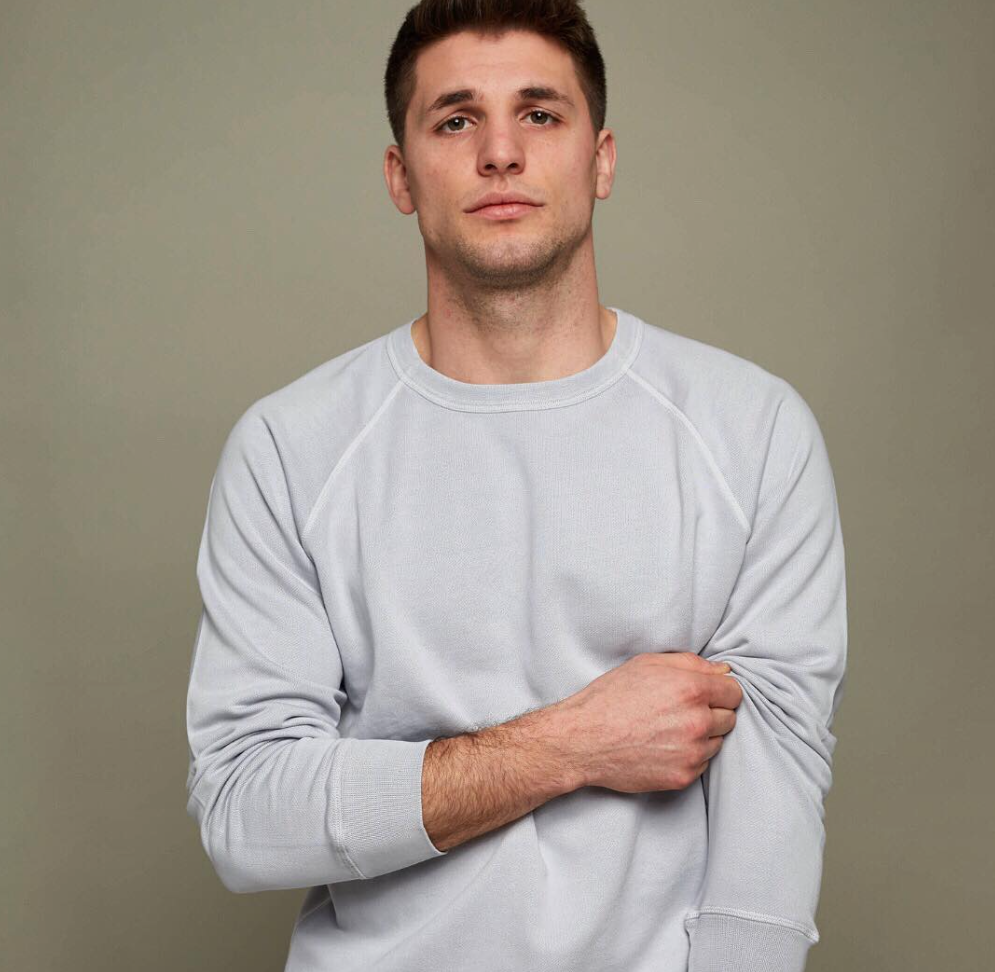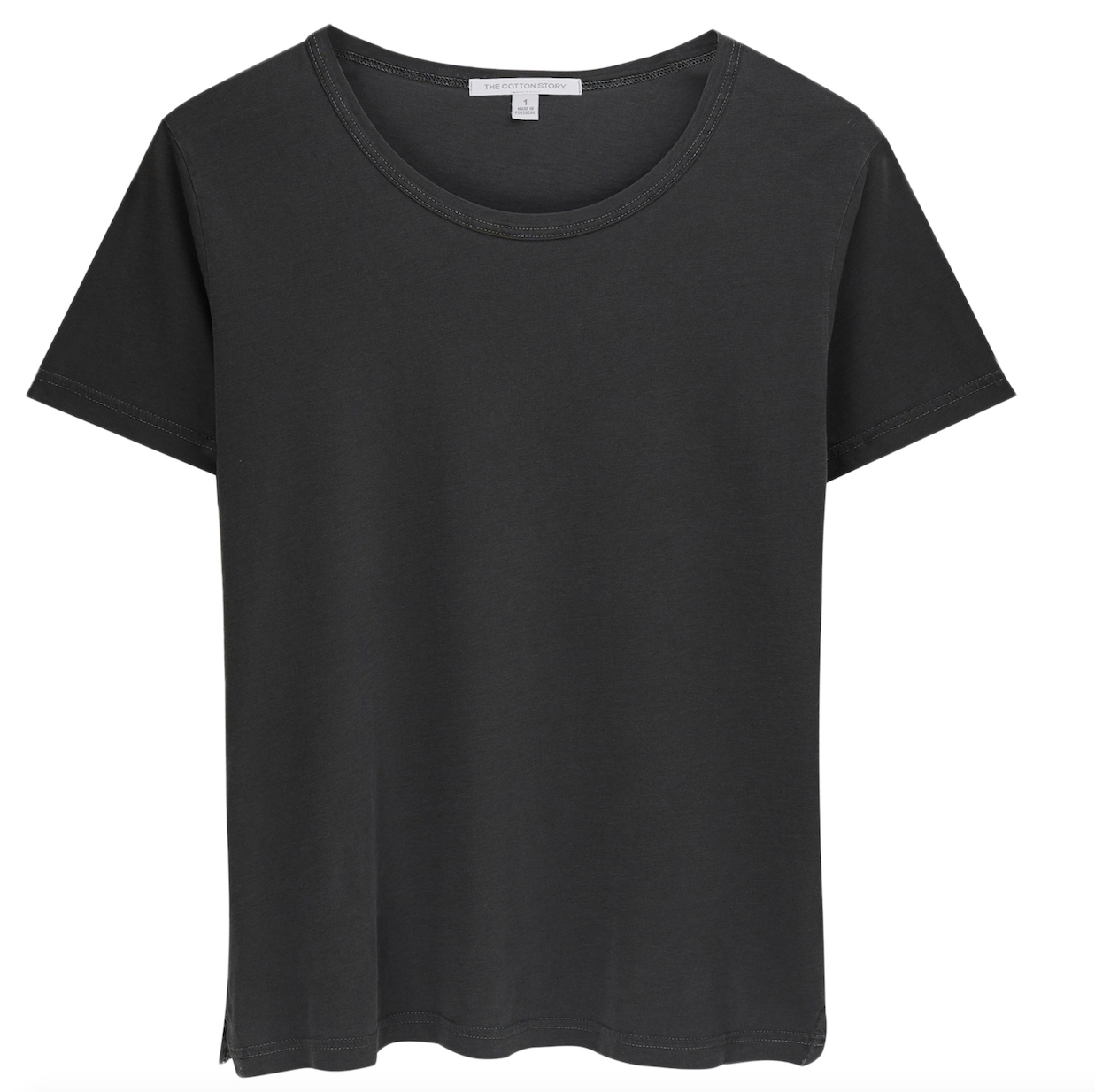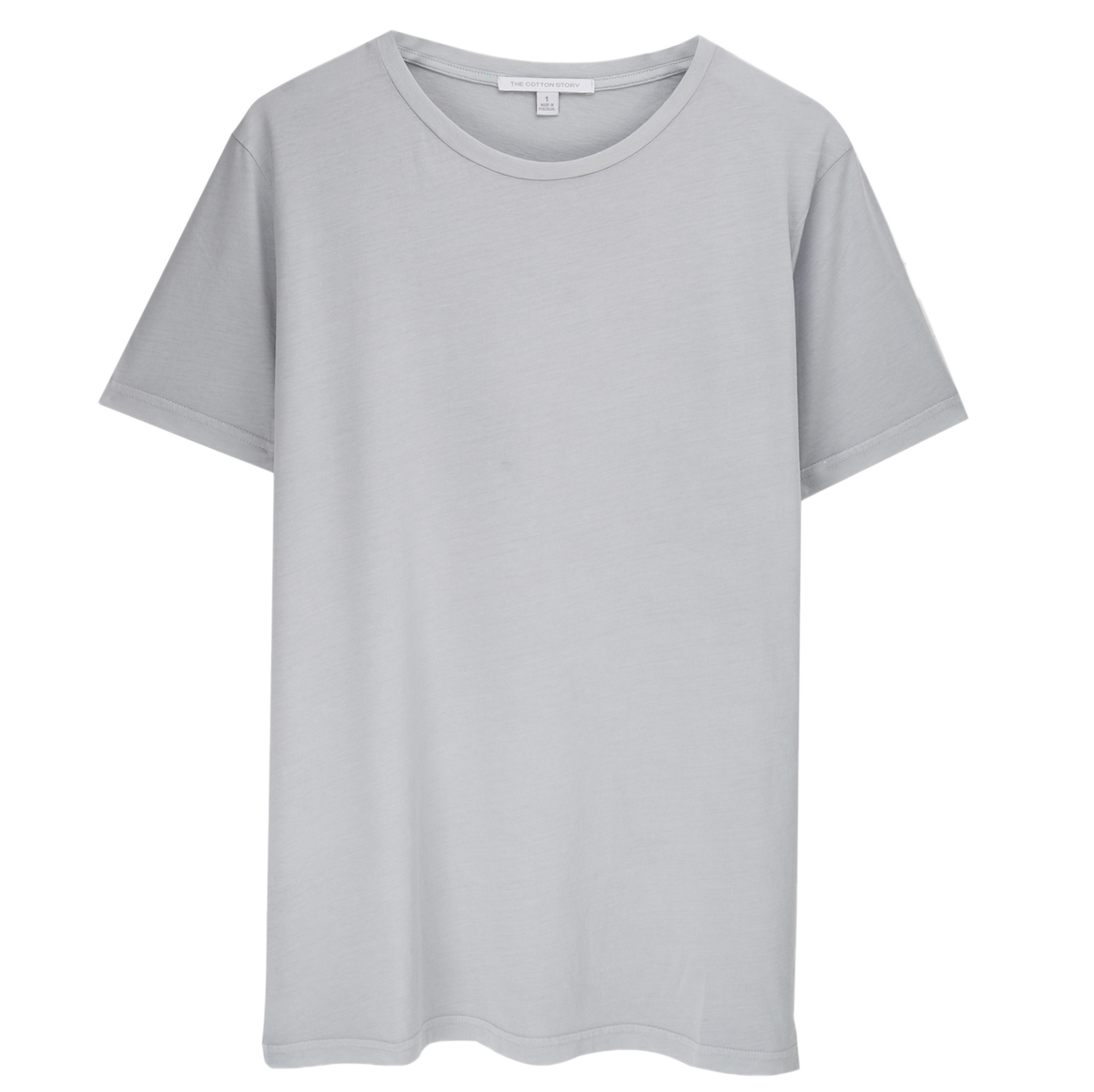 It’s no secret that the fashion industry has changed, and our consumption of products has skyrocketed. Now, compared to just 16 years ago, the average person buys 60% more clothing and keeps them for half as long. 80 BILLION pieces of clothing are consumed each year – this is insane!The solution for the fashion industry is reaching a level of sustainable and environmentally responsible production and consumption. Brands like The Cotton Story have accepted this challenge and are doing their small part now to change the world. Fast fashion is like fast food – it’s no good for anyone!
It’s no secret that the fashion industry has changed, and our consumption of products has skyrocketed. Now, compared to just 16 years ago, the average person buys 60% more clothing and keeps them for half as long. 80 BILLION pieces of clothing are consumed each year – this is insane!The solution for the fashion industry is reaching a level of sustainable and environmentally responsible production and consumption. Brands like The Cotton Story have accepted this challenge and are doing their small part now to change the world. Fast fashion is like fast food – it’s no good for anyone!
The Cotton Story was founded with a simple but lofty aim; to offer luxury everyday clothing at a fraction of the usual price. They believe it’s time that clothing made with the finest materials should be available to everyone at an honest price. And they believe factories they’re made in should be ethically and sustainably run.
 The brand want was to flip this on its head, creating high-quality casual wear and delivering it to our customers at a fair price. They’re able to do this because they come directly to you, choosing not to work with department stores and retailers and in doing so, avoiding surcharges they pass on to their customers.
The brand want was to flip this on its head, creating high-quality casual wear and delivering it to our customers at a fair price. They’re able to do this because they come directly to you, choosing not to work with department stores and retailers and in doing so, avoiding surcharges they pass on to their customers.
The Cotton Story wanted to create items that not only have a style you’ll love forever, but are of a quality that will last a lifetime. By working directly with their factories, they are not only able to focus on creating beautiful products and delivering these to you at a fair price, but they can ensure they have the highest standards for both the welfare of the workers and the quality of their products. Remarkable standards. Remarkable quality. Remarkable price.
As a consumer the best way to enact change is with your wallet. Demand transparency, ask the hard questions and don’t settle for poorly constructed garments that fall to pieces after a few wears.The Cotton Story is only a small company but they are committed to growing sustainably and producing responsibly. There are three ways they ensure their manufacturing process has as little impact as possible and supports positive manufacturing techniques and workplaces:
1. Recycling: All plastic, metal and oil by-products are responsibly recycled.
2. Small Batch Production: by producing small batches they don’t overstock, it’s why you’ll never see them on sale pushing things you don’t need.
3. Family run factories: Their garments are made in small scale, family run factories in Portugal, that pay a fair wage, support the European economy and deliver quality.
235 million tonnes of clothing were sent to landfill in the UK in 2017. While buying a t-shirt isn’t going to change the world overnight, purchasing a product that has a smaller environmental footprint and lasts longer is a step in the right direction.
